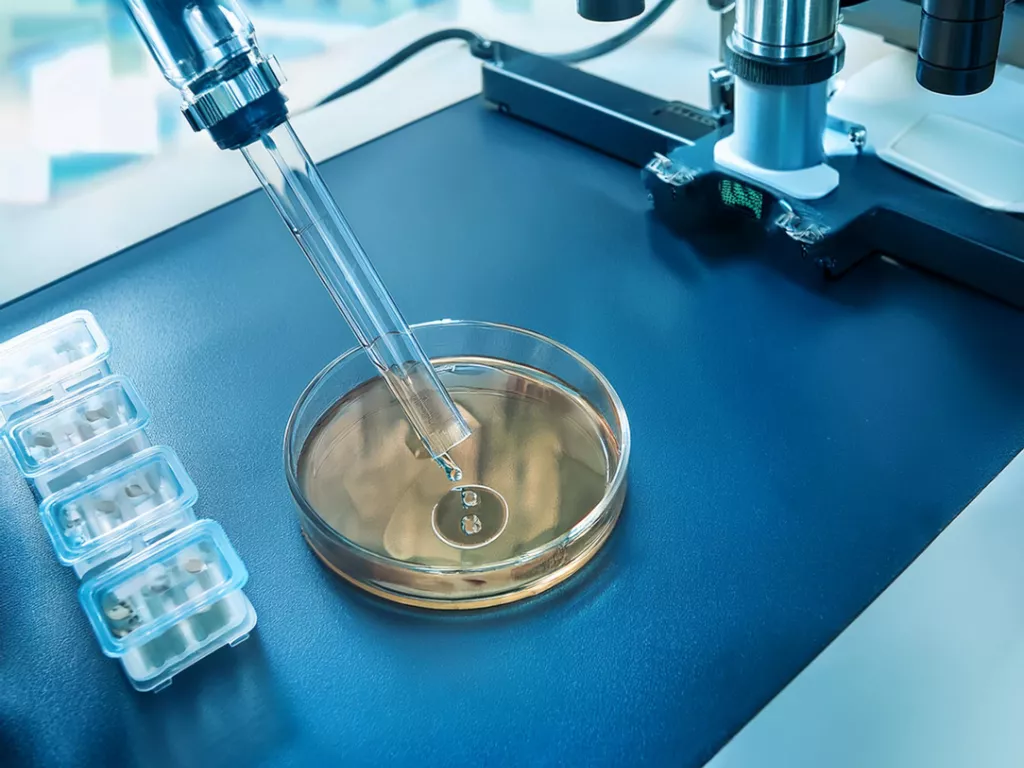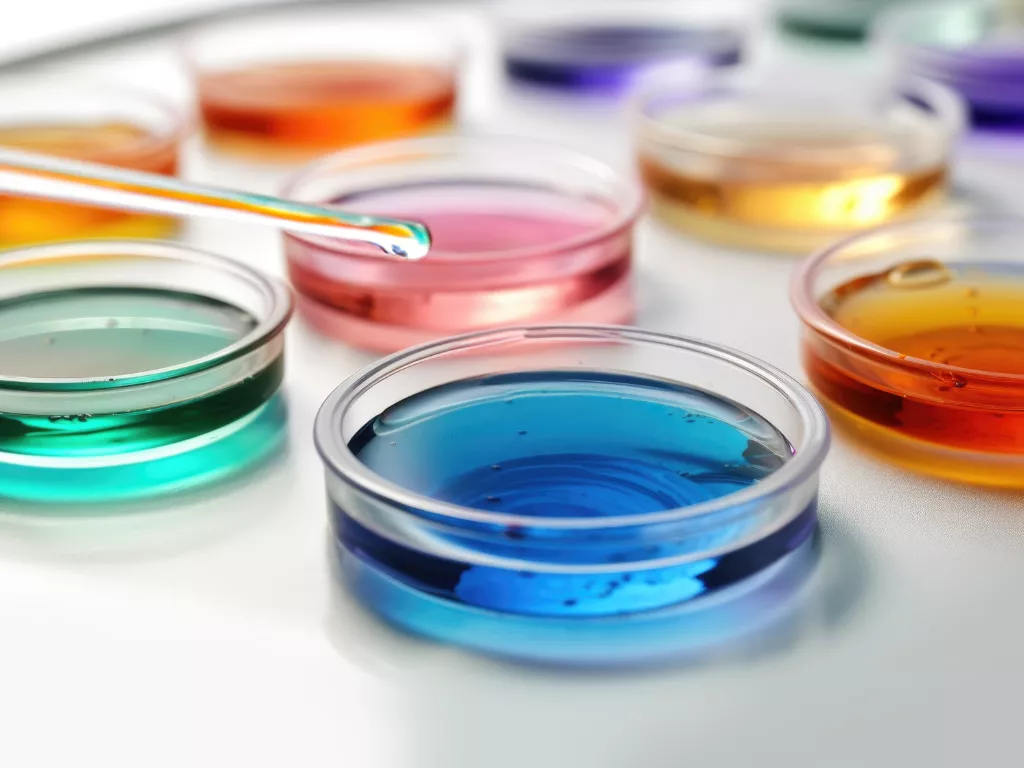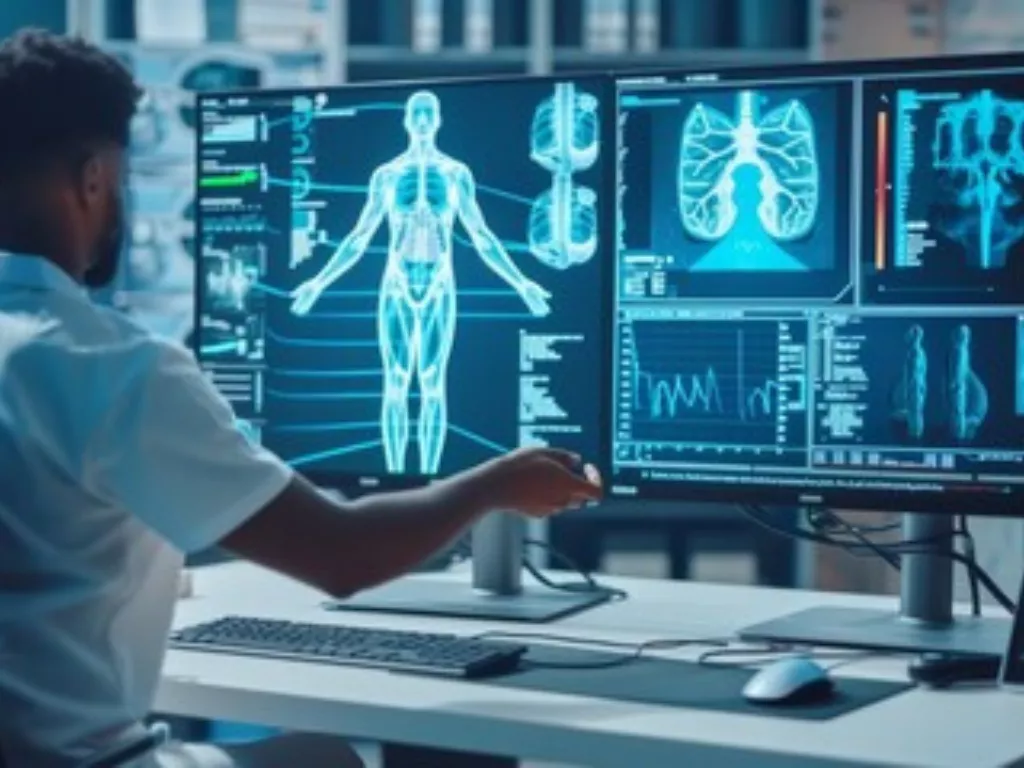Securing License Renewal of a medical device by Addressing Cytotoxicity Concerns
Introduction:
Cytotoxicity tests are a crucial part of biocompatibility assessments for medical devices. As part of ISO 10993 standards, cytotoxicity testing helps identify potential risks of cell damage or death when devices come into contact with tissues or bodily fluids. Ensuring that medical devices pass cytotoxicity tests is essential for regulatory approval, patient safety, and maintaining product integrity in healthcare markets.

Problem Statement:
The client, a trusted name in global healthcare, provides essential solutions for screening, diagnosing, and treating conditions related to the brain, neural connections, and sensory nerve systems. During a crucial biocompatibility evaluation of one of their hearing loss assessment devices, a critical component failed the cytotoxicity test, resulting in a delay in submitting the device to the licensing authority, which affected the renewal of license. This, in turn, caused a setback in renewing the device's license, directly impacting market availability and revenue.
Solution:
Facing a critical roadblock, the client approached Decos to help address the issue with cytotoxicity test. We carried out Our team conducted a comprehensive failure analysis, considering the results of the in-vivo test (Skin Sensitization and Irritation Study) and all preceding process-related aspects such as the extraction technique used for the test item and the testing conditions. Based on this analysis, our team of specialists developed a detailed justification that included the clinical usage situation and facts about history of safe use.
The failure investigation revealed that while the component failed the cytotoxicity test, it passed the in-vivo test for Sensitization and Irritation. It is important to note that the part in question is a skin-contacting devices with limited contact duration (10 min/patient). The nature, duration of contact, and clinical need (clinical benefit versus risks) provided additional mitigating factors that reduced the biological safety concerns.
Additionally, according to ISO 10993-5:2009, a concerning cytotoxicity data does not necessarily imply that a device is unsuitable for its intended use. Instead, it primarily indicates the potential for in-vivo toxicity and should be evaluated in conjunction with other safety and clinical factors.
Key Benefits
- We saved the rework time and the cost by EUR 21000
- The regulatory authority accepted the justification included in the biocompatibility assessment, leading to renewal of license.
- Enabled timely release of the device which helped the client in expanding market reach and significantly increase in revenue.
If you are facing regulatory hurdles or challenges with biocompatibility testing, we can help ensure a smooth regulatory pathway. Let Decos guide you through compliance, in overcoming cytotoxicity concerns and securing their license renewal.
Discover more

Optimizing Biocompatibility Testing for Class III Implants: A Cost-Efficient Approach

Ensuring Cost-Effective Large Animal Testing for a Spinal Cord Implant

